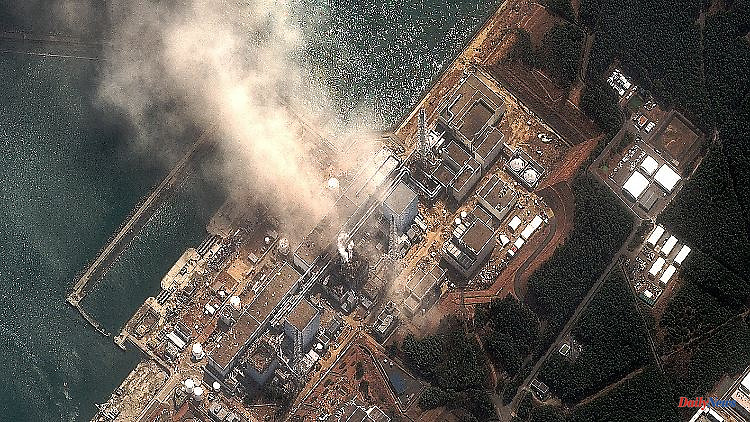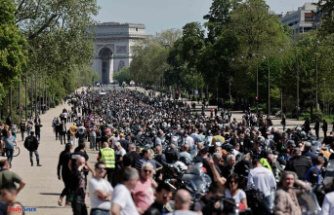The Fukushima nuclear disaster not only led to a rethink in Germany, but also in Japan itself. The country had all the reactors shut down. Now, in the light of the energy crisis, the about-face is coming: The operating times are to be extended and new, more modern reactors are to be built.
Japan is increasingly relying on nuclear power in the global energy crisis. A guideline passed by the government provides for an extension of the service life of existing reactors beyond the previous limit of 60 years. In addition, next-generation reactors are to be built to replace the old ones in the long term. The world's third largest economy, ahead of Germany, is thus completely turning away from the temporary nuclear phase-out that was initiated after the worst-case scenario at the Fukushima Daiichi nuclear power plant in March 2011 as a result of an earthquake and tsunami. "We have to make full use of nuclear energy," was Prime Minister Fumio Kishida's motto recently.
On the one hand, the resource-poor country, like Germany, wants to reduce its dependence on oil and gas imports and avoid power shortages. On the other hand, Japan wants to achieve its climate protection goals: by 2050, CO₂ emissions are to be reduced to zero. Renewable energies are also to be expanded, but at the same time the use of nuclear power is regarded as essential, regardless of the danger from earthquakes and the Fukushima disaster.
After Fukushima, Japan shut down all the reactors in the country and introduced significantly tightened safety standards. The government now wants to credit the time of the forced break to the operators. This means that a nuclear power plant could then even survive for 70 years. The operators have applied for restart permits for 27 reactors that have been shut down. 17 reactors have met the safety requirements, ten of which have already been connected to the grid again. On Tuesday, a court rejected the demand by residents of the Mihama nuclear power plant that the reactor there, which is more than 40 years old, be shut down due to safety concerns.
To finance investments in decarbonization projects, the new policy provides for “green transformation bonds” of around 20 trillion yen (143 billion euros). The government estimates that public and private investment of over 150 trillion yen will be required in this area over the next decade. By 2030, Japan aims to generate around 20 to 22 percent of its electricity from nuclear power and 36 to 38 percent from renewable sources.












